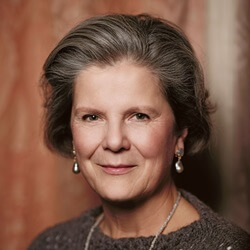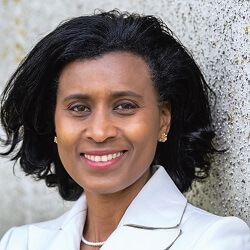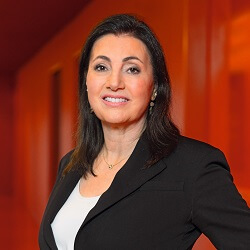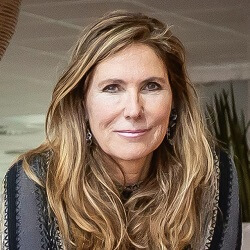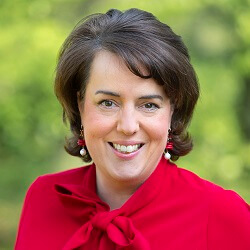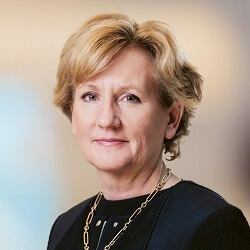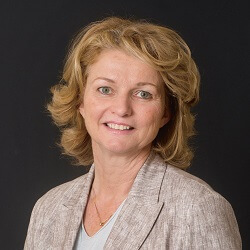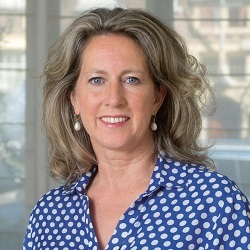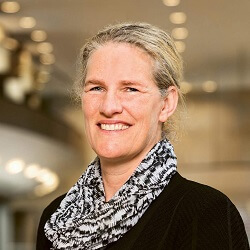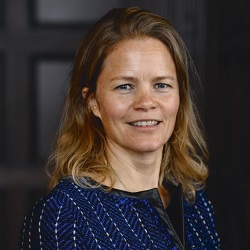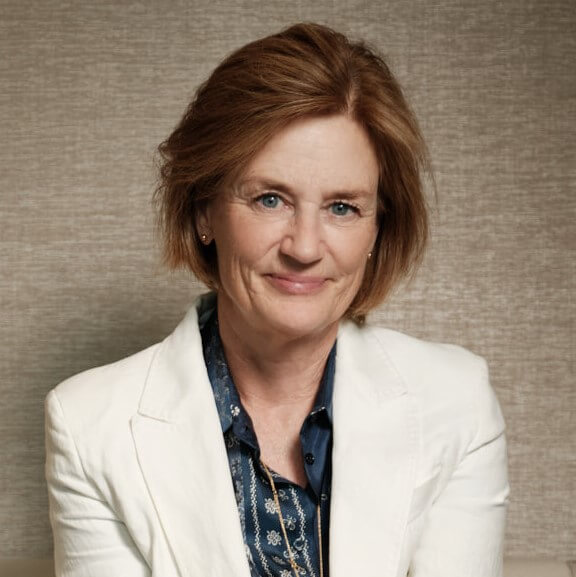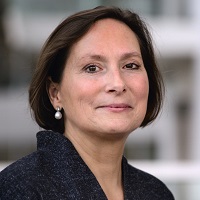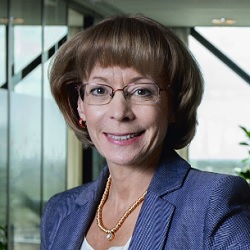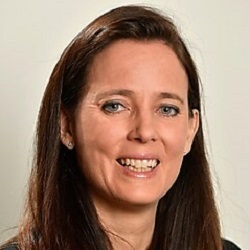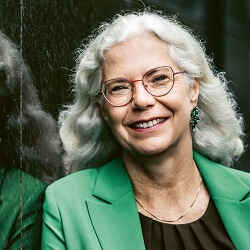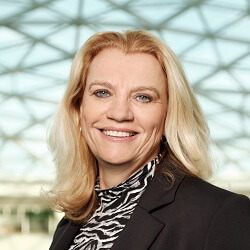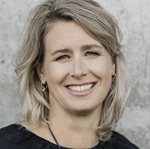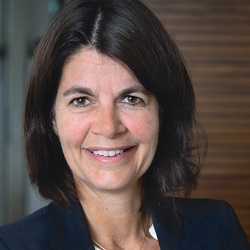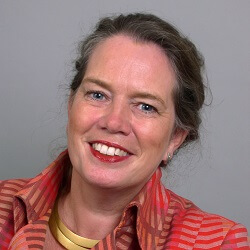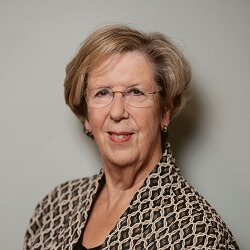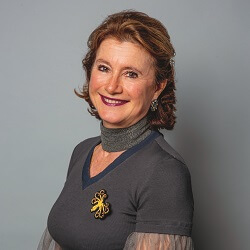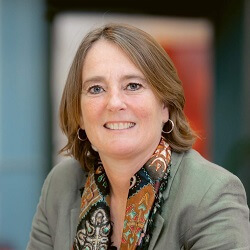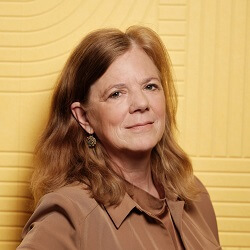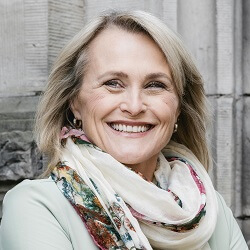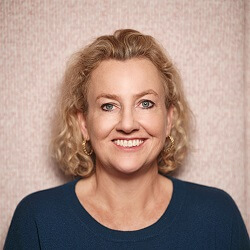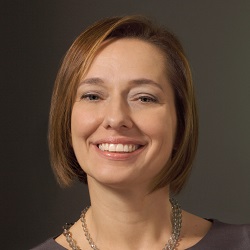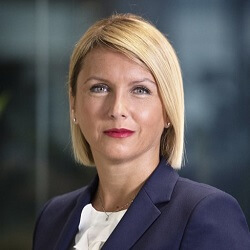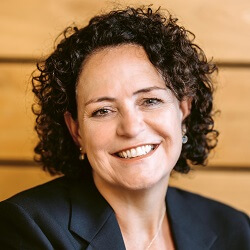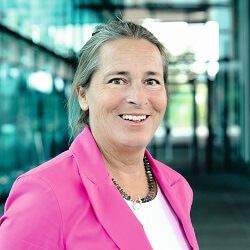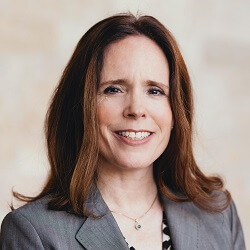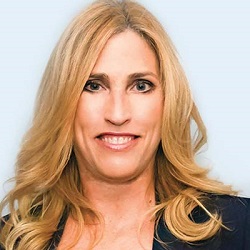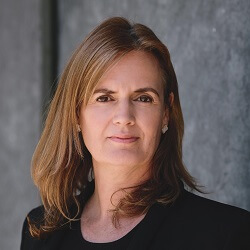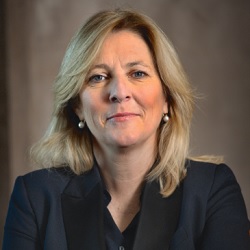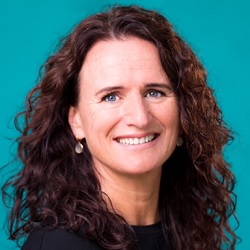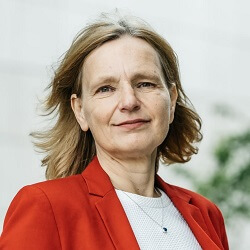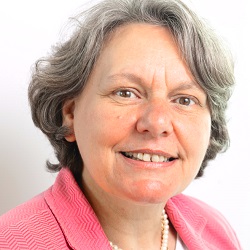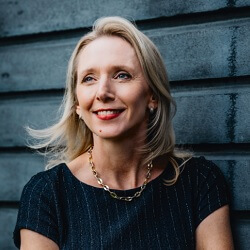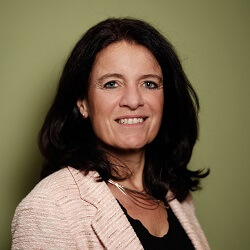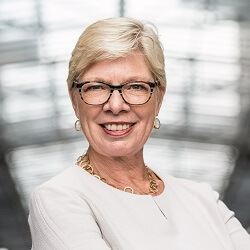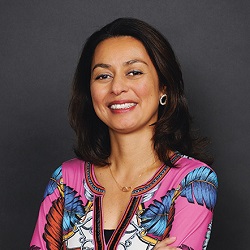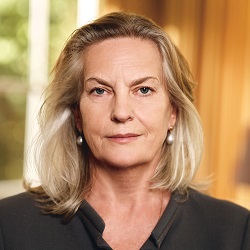Top 100 Corporate Women
Top 100 Corporate Women 2022
Petri Hofsté is the most influential corporate woman in the Netherlands for the sixth time now, but will that still be the case next year? There is stiff competition in the Top 10.
We also see twice the number of international ladies in Dutch boardrooms, the cautious advance of chairwomen and it is time for rejuvenation. You can read our analysis of the list here.
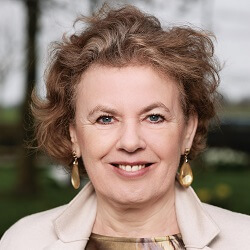
(1) Petri Hofsté
Prima inter pares: Petri Hofsté leads the Top 100 Corporate Women for the sixth time. She is a supervisory board member at two financials (Rabobank and Achmea, both cooperatives), soil surveyor Fugro and family business Pon Holdings. She is also Chair of the Board of Stichting Nyenrode, the business university where she studied before starting her career at KPMG, ABN AMRO, RBS, DNB and APG. Hofsté has advocated for many years for more diversity in the boardroom and an inclusive culture. As Hofsté recently argued, this requires hard work from both men and women, as well as a broad awareness of hidden prejudices.

(2) Miriam van Dongen
At number 2 we again find Miriam van Dongen, Hofsté’s fellow Supervisory Board member at Achmea. Almost everything in Van Dongen's portfolio revolves around money, as she also oversees – in addition to the insurance company and the Land Registry – fintech Mollie, high-frequency trader Optiver and spac Spear Investments. In addition, the former CFO of Delta Lloyd and Achmea Zorg was a Supervisory Board member at pension provider PGGM until last year.
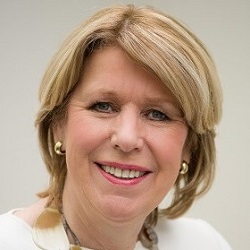
(3) Corien Wortmann-Kool
Insurance and pensions play an important role for Corien Wortmann-Kool (no. 3): she was recently reappointed for a third term at Aegon and exchanged her position of chair of the board for that of independent non-executive chairman at ABP in early 2022. However, she only made that move after the pension fund decided on a historic change of course – to halt investments in Shell and other fossil fuel producers. From the driver's seat to the back seat – it must have taken some getting used to. On the other hand, she now has more time to enhance her supervisory portfolio.
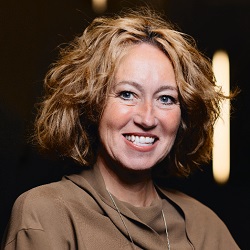
(11) Herna Verhagen
PostNL CEO Herna Verhagen just missed the Top 10 last year, but rose from no. 11 to no. 4 thanks to her new supervisory role at Philips. A tough combination, with a supervisory directorship at ING too. Both companies are not in calm waters. Nevertheless, she gained the confidence of the shareholders of Philips, at the shareholders' meeting 77% of the shareholders voted in favor of her appointment as a supervisory director.
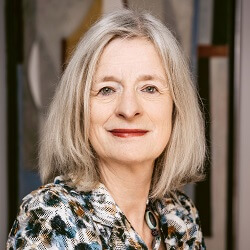
(4) Annet Aris
The Top-5 is completed with Annet Artis, who drops one place again this year. This drop is not caused by a change in her portfolio, but by stiff competition in the Top-5. Aris is a member of the supervisory board of Rabobank, Randstad and ASML, among others, and specializes in digital transformation.
See full list
Justification
A female director is eligible if she holds one or more positions as a Supervisory Board member or Director with the most important businesses in the Netherlands. By this, we mean companies that are listed on the AEX, AMX (MidCap), or AScX (SmallCap) index and unlisted companies with equity in excess of 1 billion Euros. Foreign women are only eligible if they hold an executive position or at least two non-executive positions in these companies.
Allocation of Points
All women are awarded points based on the amount of equity held by the companies where they hold a position. Executive positions for these businesses are worth more points than supervisory roles. In addition, the non-executive directors receive points for Chairmanships of Supervisory Boards or Executive Boards and Chairmanships of audit, remuneration and nomination committees.
In line with the corporate governance code for large companies, we assume a maximum of five points for supervisory positions: two for a chairmanship and one for a membership, together a full time commitment. A CEO gets five points.
Finally, points are awarded for supervisory roles for large overseas companies, universities, universities of applied science, hospitals, and other large businesses.
Cut-off Date
The cut-off date for the rankings is 9 May 2022.


